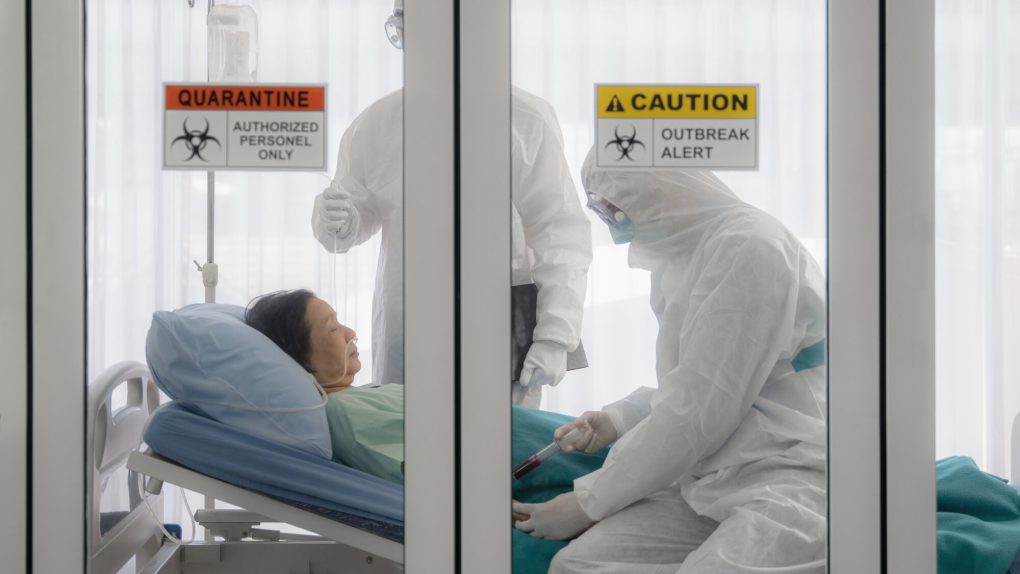- Doctors from the UK and the Netherlands think they found another coronavirus therapy that can treat severe COVID-19.
- A tocilizumab study was halted early after independent reviewers confirmed the beneficial effects of the therapy.
- But doctors can’t yet say whether the drug can prevent deaths or just hasten the recovery of some of the patients who experience coronavirus complications.
Having vaccines that are 95% effective against the novel coronavirus is a great development, especially considering they’ll be available as soon as December. But the world will need many months to beat the pandemic with the help of vaccines. There won’t be enough supply to meet demand initially, and logistics can be challenging for these first drugs. People will continue to catch the virus and the current surge in America and Europe will send thousands of people to hospitals for severe COVID-19 complications. The higher the number of daily cases, the higher the death toll will be as well.
Doctors haven’t stopped looking for treatments aside from vaccines that can reduce COVID-19 complications, and researchers from the UK and the Netherlands think they have a breakthrough discovery on their hands. They think a drug called tocilizumab is useful in severe COVID-19, and the results are so good that independent researchers have stopped their early trial so everyone can get access to it. But the researchers can’t explain exactly what it does, so they don’t yet know whether the drug can save lives or just hasten the recovery in some patients.
Black Friday 2020 is here

Tocilizumab should sound familiar to anyone following coronavirus news. It’s an arthritis drug that has been tested in COVID-19 cases time and again. Some studies saw great promise in using this type of drug to reduce the immune system’s exacerbated response when fighting severe COVID-19. It’s the immune response that’s dangerous at that point, not the virus. But others said the drug failed to meet the primary endpoints of a study.
This new tocilizumab study delivered “an absolutely amazing result,” according to researchers involved in testing. BBC News reports that the study was run by Imperial College London, the UK’s Intensive Care National Audit and Research Centre, and Utrecht University. It included severely ill patients who were placed on ventilators.
The trials were stopped earlier this week because independent monitors found that there was enough evidence from the first 303 patients that the drug works. But the researchers can’t explain exactly how the drug works or what it does. The data shows an improvement in “outcomes,” which isn’t a clear-cut answer. It increases survival rates and reduces time in intensive care. The doctors need more time to figure out whether the drug saves lives or just speeds up recovery time. “We don’t know that yet, we are hopeful it does both,” professor Anthony Gordon told BBC.
The data is still “very encouraging” and a “big result.” Tocilizumab could “become the standard of care,” the doctor said.
This summer, a study said interleukin-6 inhibitors like sarilumab and tocilizumab might significantly reduce mortality and speed up recovery times in patients who require supplemental oxygen and ICU care. But a separate trial from Roche showed that the drug did not improve the clinical status in hospitalized adult patients and did not prevent deaths.
Addressing the new tocilizumab findings, other experts urged caution until the full data is available.
“This is an encouraging result which suggests that other, more targeted, anti-inflammatory drugs may also help,” professor Peter Horby told BBC. “The results so far on tocilizumab have been mixed, with four randomized controlled trials having reported results, of which two were negative, and two were positive… I eagerly look forward to seeing the full results.” Horby was part of the Oxford team that proved the beneficial anti-inflammatory effects of dexamethasone in coronavirus.








